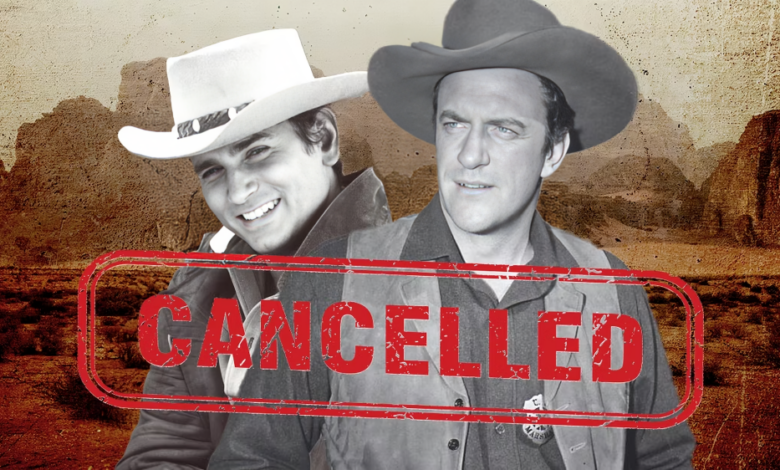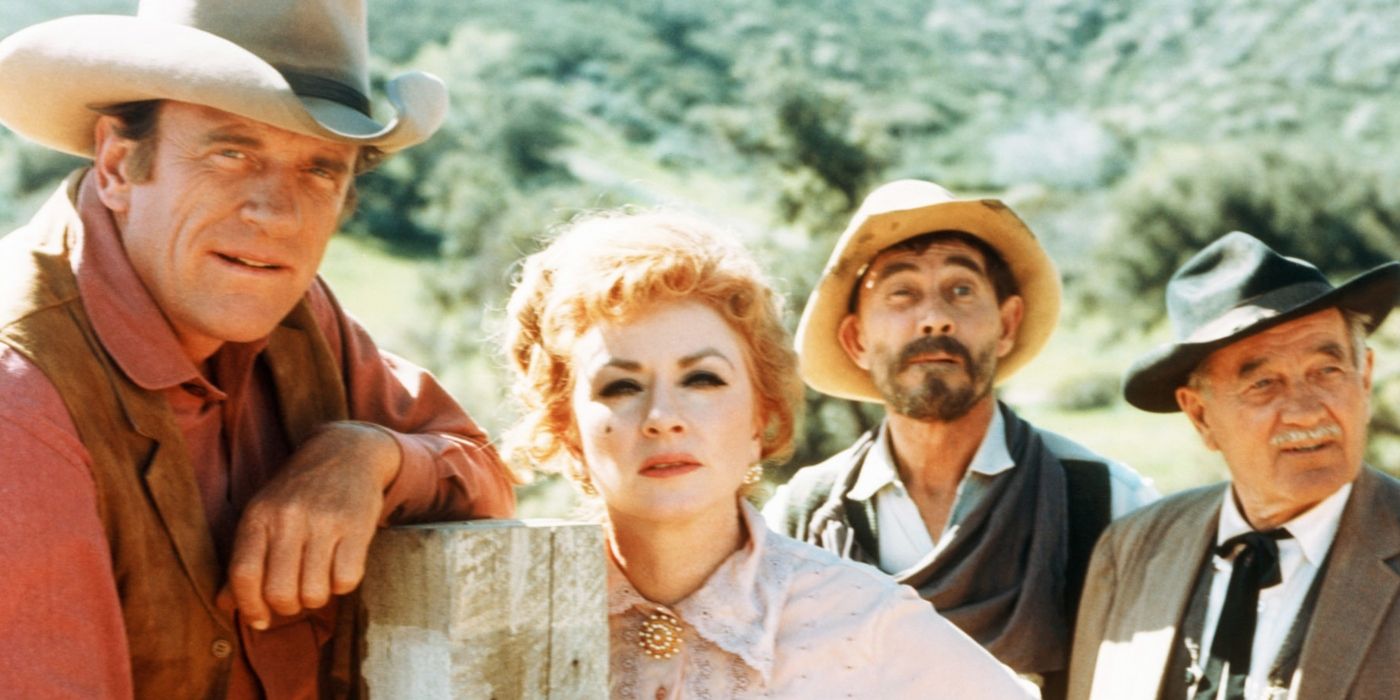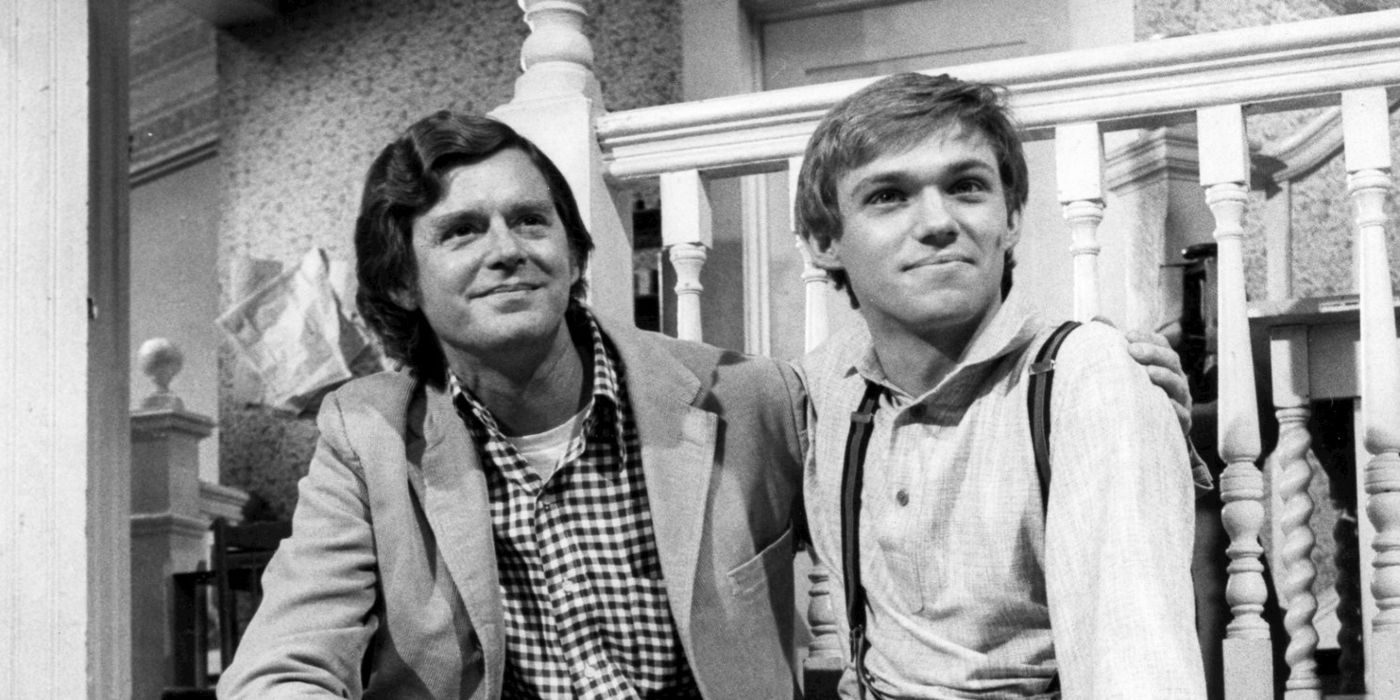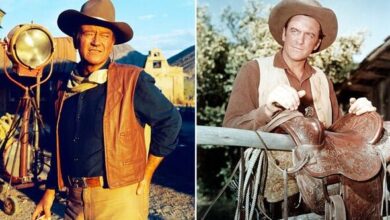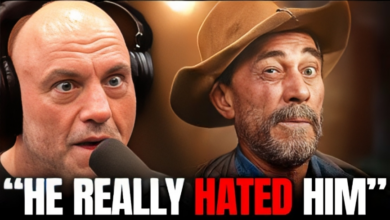Back in the “good ‘ol days,” many of the television programs that aired on the big three TV networks (ABC, CBS, and NBC) were Westerns, rural-based sitcoms, and police dramas that kept audiences on the edge of their seats. Since the 1950s, Westerns in particular had invaded the television landscape like the cowboys of old had done with the American West. Gunsmoke and Bonanza were among some of the most popular programs and were also some of the most prolific. But one day, it all came to an end, and television changed forever. It was called the “rural purge,” and it happened so suddenly that just about everyone was caught off guard. Here’s what happened.
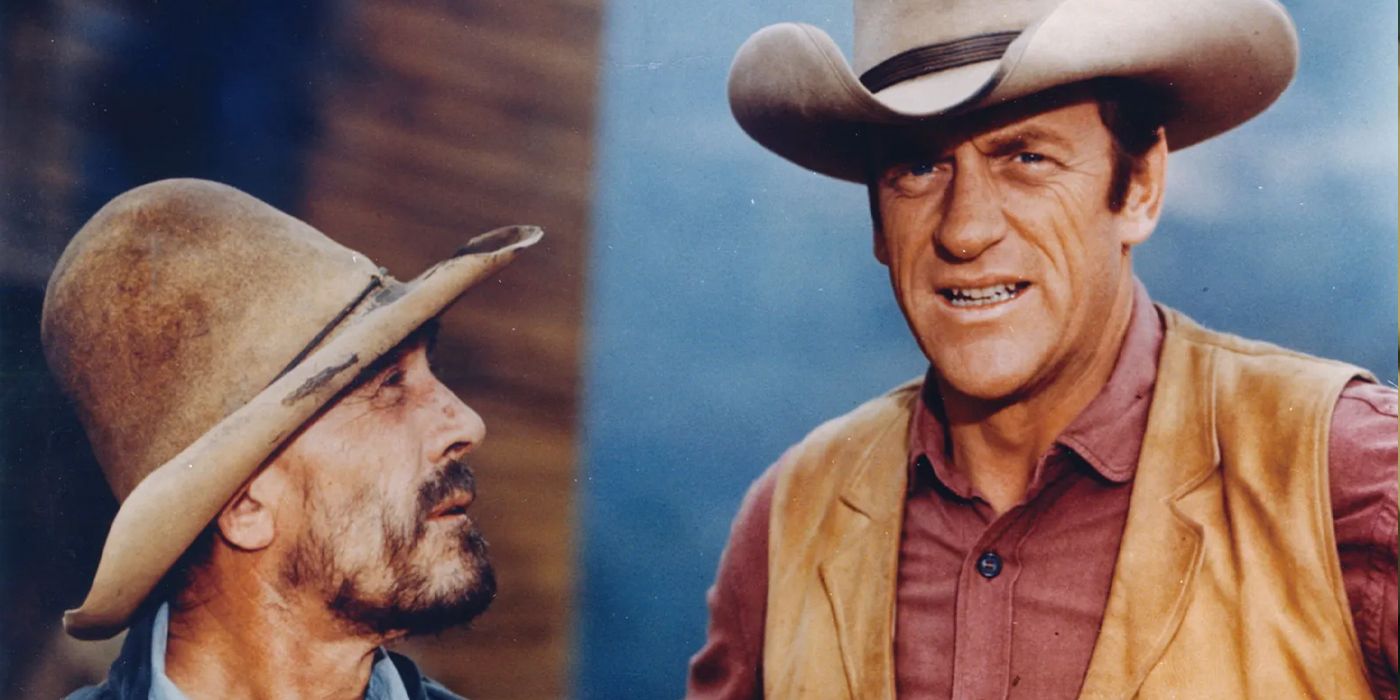
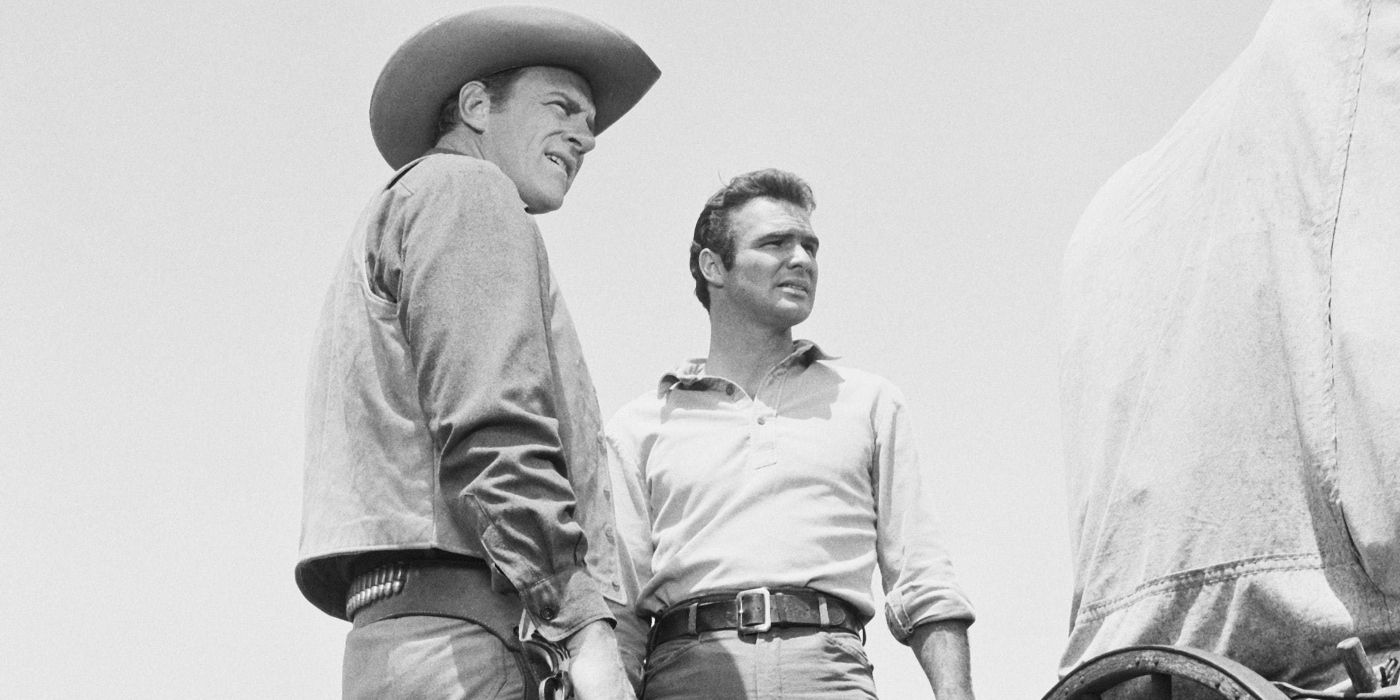
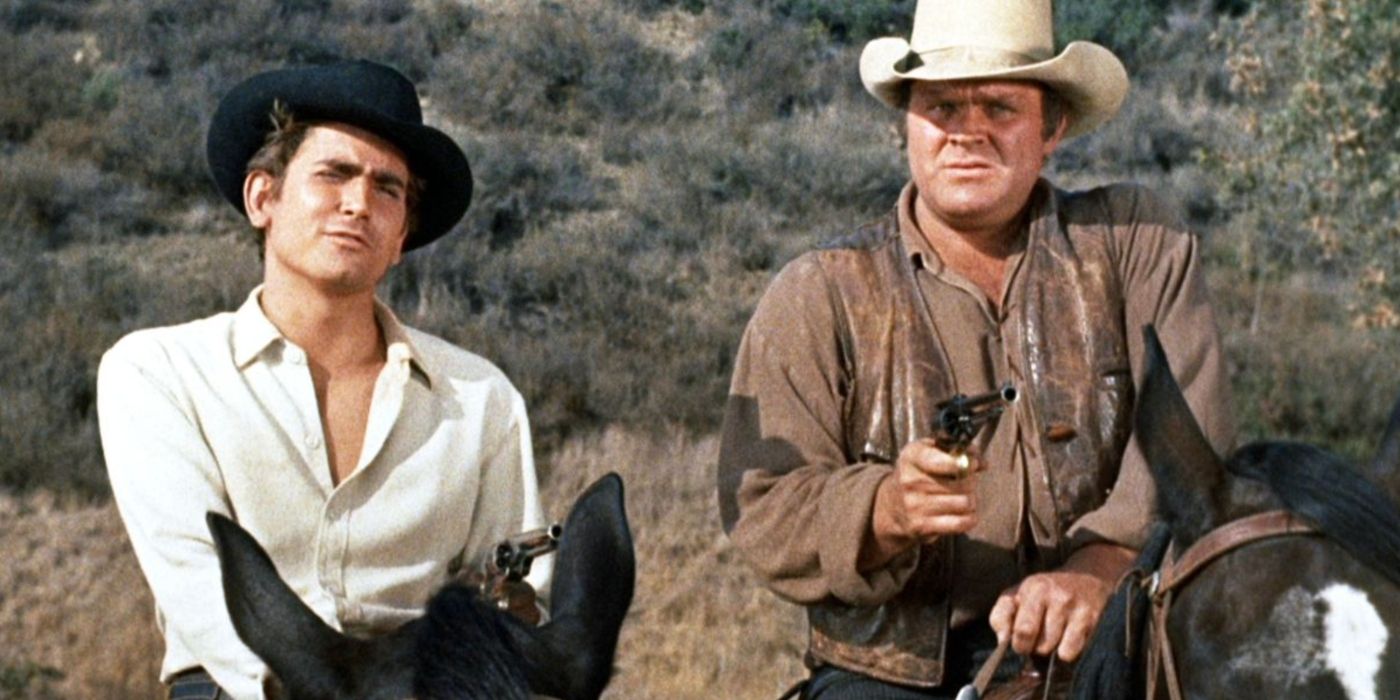
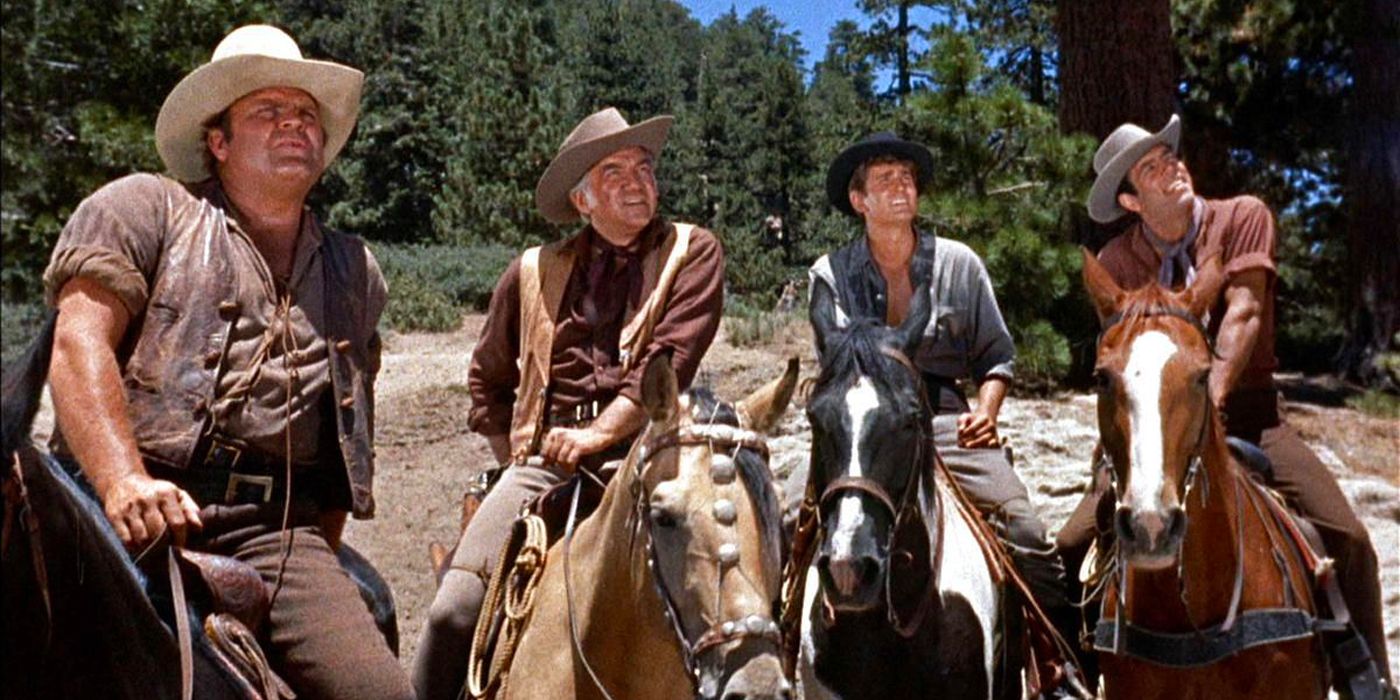
Though some familiar rural-centric programs such as Gunsmoke, Bonanza, The Partridge Family, and Alias Smith and Jones all held on for dear life, none of them lasted more than a few years. “Networks rode westerns into the ground,” The New York Times wrote years later when looking back at the impact oversaturation can have on the television industry, and in this case they were right. Only, to make matters worse, many of these shows (Gunsmoke and Bonanza in particular) still had strong ratings attached to them. Nevertheless, the network deemed their audiences “too old and too rural” and NBC canceled Bonanza (which had been renamed Ponderosa at the time) in 1973 while in the middle of preparations for another season. CBS would likewise cancel Gunsmoke after its 20th season, according to The Gunsmoke Chronicles.
“CBS has done something Indians, bad guys, bad whisky and not even CBS could do earlier: Kill off U.S. Marshal Matt Dillon,” The Associated Press wrote about Gunsmoke‘s anticlimactic ending. “A few years ago CBS tried to remove the show but was met by such audience protests that the network had to renew the series.” But this time Gunsmoke wasn’t saved, and thus the “rural purge” officially ended with the death of Marshal Dillon. Of course, Gunsmoke would be revived later on through a series of made-for-TV movies, as would Bonanza, but neither series was ever really the same, nor would any later attempt be able to capture the magic that was each series’ initial run. Gunsmoke in particular suffered in only centering on Marshal Dillon himself, unable to reunite the entire cast for more adventures.
“Whether it was a strict business maneuver based on a smaller advertiser demand for these shows’ large audiences or Mr. Silverman’s personal bias, a cultural sting was associated with the purge,” wrote The Washington Post in 2004, decades after the “rural purge” came and went. “[It] is still recalled bitterly by the show’s producers and performers, as well as by their old fans.” It’s no wonder why. Many of these shows were cancelled without proper endings or official farewells from cast and crew members alike, not to mention the fans themselves. It’s a wonder viewership didn’t tank in the years following, though the big three networks certainly found new audiences with their appeal to more urban-focused entertainment. Nevertheless, rural audiences still had stories to tell, and eventually, they were allowed to be told again.
‘The Waltons’ Was a Big Success
One show that did manage to skirt past the network executive’s axe was the Depression-era dramaThe Waltons. Itself based on a 1963 film titled Spencer’s Mountain, The Waltons began in 1972, likely as a response to the audience’s reaction to the “rural purge” itself. This time, viewers proved their loyalty and The Waltons remained on air for nine seasons until 1981. Even after that, both CBS and NBC aired TV movies about the titular family, continuing the story well into the end of the 20th century. It was the success of The Waltons that proved once again to the networks that family-oriented, rural programming can bring mass appeal, much to the network’s dismay.
“When CBS initially put on the show, the story is that [CBS] did it to appease Congress,” said actress Kami Cotler, who played Elizabeth Walton on the series. “Congress had been having hearings about the quality of television. The rumor was that they put it against Flip Wilson and The Mod Squad because they didn’t think it would survive. They thought, ‘We can just tell Congress America doesn’t want to see this.'” Turns out, CBS was mistaken. The overnight success of The Waltons no doubt led to other shows such as Little House on the Prairie, based on the best-selling books by Laura Ingalls Wilder, to get greenlit at NBC. Little House, which starred former Bonanza cast member Michael Landon, would likewise last nine seasons, and spawn three additional made-for-TV movies to wrap it all up.
Neither The Waltons nor Little House on the Prairie lasted forever, though. Eventually, these rural-based family-friendly dramas were forsaken in favor of family sitcoms and other such projects. Television Westerns no longer sold like they did before, and action-packed urban dramas, procedurals, and sitcoms became all the rage in the television industry. Of course, these days, shows like Yellowstone, Joe Pickett, and Longmire all harken back to the traditional Western, albeit with a modern flare, and appeal kindly to rural audiences looking for genuine successors to shows like Bonanza and Gunsmoke. Here’s hoping that the networks listen this time around, and don’t make the same mistake twice.
